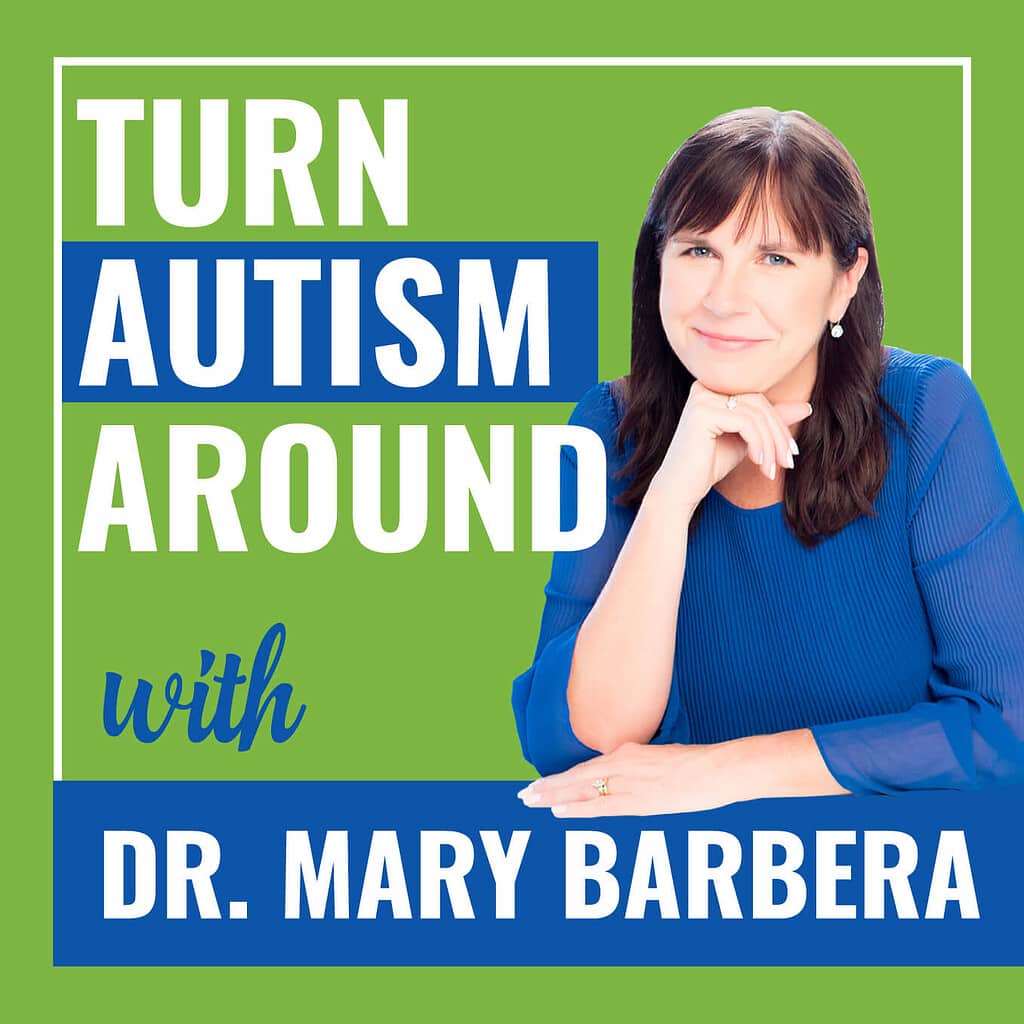In this episode, join me as I discuss five legal and financial mistakes commonly made by parents of children with autism. I emphasize the importance of preparing a will and a special needs trust, and managing finances to maintain eligibility for social services. I will also addresses the potential pitfalls in education decisions, like prematurely withdrawing a child from public school. I highlight the need for parents to be actively involved in their child’s education and to navigate insurance and state services effectively. The episode is a valuable resource for parents seeking to avoid common mistakes and secure a better financial future for their children with autism.
YOU’LL LEARN
- 5 Financial and Legal Mistakes
- Necessity of a will and special needs trust
- Limiting a child’s savings so they can access public services
- Importance of staying within the school system as long as possible
- How to be involved in advocacy,legal and financial decisions
Creating a Will and Special Needs Trust
Importance in Estate Planning: Establishing a will and a special needs trust is vital for parents of children with autism. But what is a special needs trust? According to a Forbes article; it is a trust set up by a parent or guardian to secure assets such as money or life insurance. It’s not just about distributing assets; it’s about ensuring long-term care and financial stability for their child. This trust specifically caters to the unique needs of a child with autism, providing for their future without jeopardizing their eligibility for public benefits. As I explain in the podcast, neglecting this aspect can lead to significant legal and financial complications down the road.
Financial Limitations for Benefits Eligibility:
Navigating Public Benefits: Many parents are unaware of the financial thresholds that can affect their child’s eligibility for social services. A critical example is the $2000 savings limit, which, if exceeded, can disqualify a child from receiving essential benefits. I delve into strategies to manage finances effectively, ensuring that families remain eligible for these crucial supports while also planning for their child’s future financial security.
School Enrollment Decisions
Impact on Developmental Outcomes: Making informed decisions about school enrollment is crucial. In the podcast, I discuss the long-term effects of these decisions on a child’s educational and developmental outcomes. Pulling a child out of public school prematurely can deprive them of essential social and educational experiences. I emphasize the importance of understanding and utilizing the resources available within the public education system until a young adults early 20s.
Exploring Insurance and State Services:
Accessing Necessary Support: Navigating the maze of insurance and state services can be daunting for parents. However, these services are often essential for providing the necessary support for a child with autism. I talk about how to effectively explore and access these services, shedding light on the options available and how to advocate for the necessary support.
Parental Role in Education and Advocacy:
Being the Child’s Advocate: The role of parents in the education and advocacy for their child with autism cannot be overstated. As I highlight in the episode, active parental involvement is key to ensuring that a child receives appropriate educational and behavioral support. I share insights on how parents can become effective advocates, navigating the complexities of the education system and healthcare services to best support their child’s needs.
My goal is to empower parents with the knowledge and tools they need to make informed decisions for their child’s future. By avoiding common pitfalls and embracing proactive strategies, parents can ensure that their child with autism has the best possible opportunities for a fulfilling life.

RESOURCES
- Workshops – Learn more about our online courses and resources with a free workshop
- Free autism digital assessment








